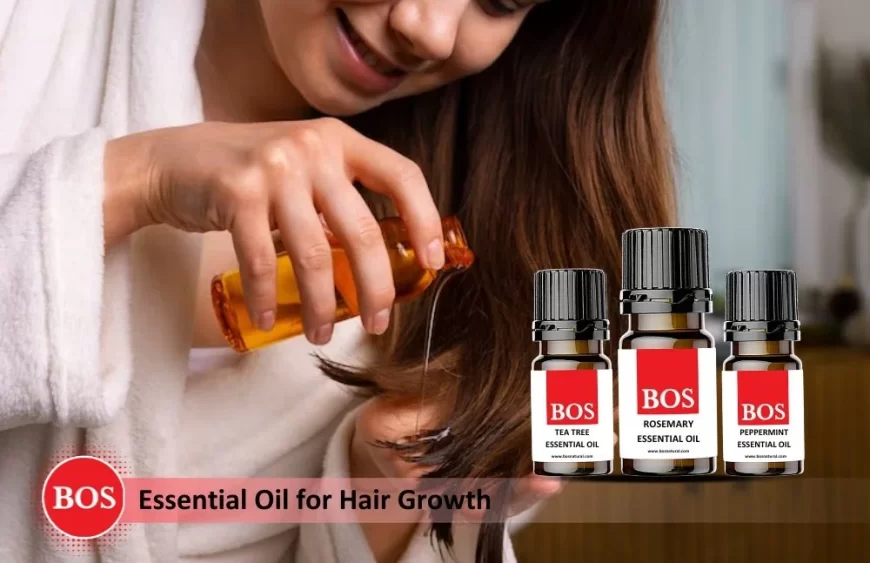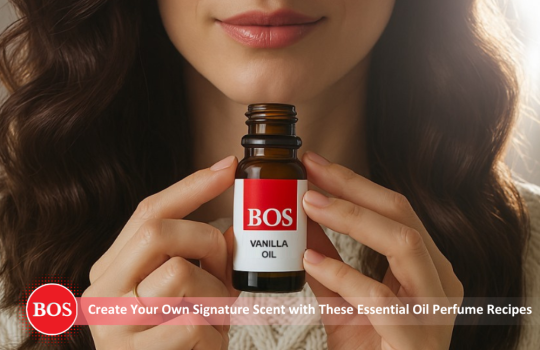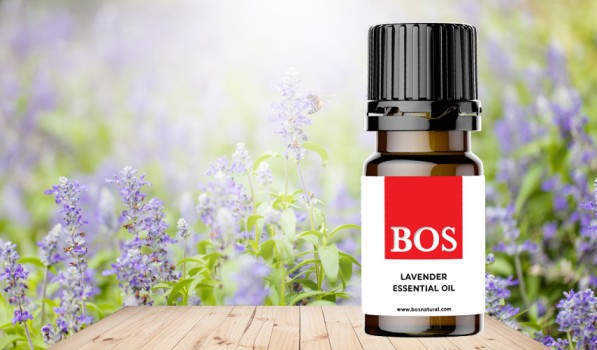Essential Oil for Hair Growth
July 5, 2024 2024-07-05 5:04Essential Oil for Hair Growth
Essential Oil for Hair Growth
Harnessing Nature’s Bounty
In the quest for luscious locks, essential oils emerge as potent allies. These natural extracts, derived from plants and herbs, offer a holistic approach to promoting hair growth and maintaining scalp health.
Rosemary Oil: Known for its ability to stimulate hair follicles and improve circulation to the scalp. Rosemary oil is a popular choice for those seeking thicker and fuller hair. Its antioxidant properties also help combat premature graying.
Lavender Oil: Beyond its soothing scent, lavender oil supports hair growth by balancing oil production on the scalp. This promotes a healthier environment for hair follicles to thrive and reduces issues like dandruff.
Peppermint Oil: With its refreshing and invigorating properties. Peppermint oil not only boosts blood circulation to the scalp but also provides a cooling sensation that can alleviate scalp irritation. This stimulation encourages hair growth and improves overall scalp health.
Tea Tree Oil: Renowned for its antimicrobial and antifungal properties. Tea tree oil helps keep the scalp clean and free from infections that can hinder hair growth. It also soothes scalp inflammation, making it beneficial for those with sensitive skin.
Cedarwood Oil: Known for its earthy aroma, cedarwood oil supports hair growth by balancing sebum production. Which can prevent hair follicles from becoming clogged. This promotes stronger and healthier hair growth over time.
Incorporating these essential oils into your hair care routine is simple. Add a few drops to your shampoo or dilute them with a carrier oil like coconut or almond oil for a stimulating scalp massage. Consistent use can lead to stronger, shinier, and more resilient hair, harnessing the power of nature for your hair growth journey.
Benefits of Essential Oil for Hair Growth
Essential oils offer several benefits for promoting hair growth and maintaining scalp health:
- Stimulation of Hair Follicles: Oils like rosemary and peppermint stimulate hair follicles, promoting hair growth and increasing hair thickness.
- Improved Circulation: Essential oils such as rosemary and peppermint enhance blood circulation to the scalp, ensuring that hair follicles receive adequate nutrients and oxygen for optimal growth.
- Balanced Oil Production: Oils like lavender help balance oil production on the scalp, preventing conditions like dandruff and creating a healthier environment for hair growth.
- Antimicrobial Properties: Tea tree oil possesses antimicrobial properties that help cleanse the scalp, reducing the risk of infections and improving overall scalp health.
- Reduction in Hair Loss: Some essential oils, such as cedarwood, may help reduce hair loss by promoting a healthy scalp environment and strengthening hair follicles.
- Moisturizing and Nourishing: Many essential oils, when combined with carrier oils. They provide moisturizing and nourishing benefits to the scalp and hair, improving overall hair health and appearance.
- Aromatherapy Benefits: Essential oils not only benefit hair health but also provide aromatherapy benefits that can reduce stress and promote relaxation. Which indirectly supports hair growth.
Important Precautions
When using essential oil, it’s important to observe the following precautions:
- Dilution: Always dilute any essential oils with a suitable carrier oil (like coconut oil or almond oil) before applying to the skin. Undiluted essential oils can cause irritation, especially on sensitive skin.
- Patch Test: Perform a patch test by applying a small amount of diluted essential oil to a small area of skin and wait 24 hours to check for any adverse reactions before using it more extensively.
- Avoid Contact with Eyes and Mucous Membranes: Essential oils can cause irritation if it gets into the eyes or sensitive areas like the nose, mouth, or genitals. If accidental contact occurs, rinse thoroughly with a carrier oil (not water).
- Sensitive Populations: Use caution with children, elderly individuals, pregnant or breastfeeding women, and individuals with medical conditions. Consult with a healthcare provider before using any essential oils, especially if you have a medical condition or are taking medications.
- Quality and Source: Ensure you are using high-quality, pure essential oils from a reputable source. Lower-quality oils or synthetic fragrances may not provide the same benefits and could potentially cause adverse reactions.
- Ingestion: If using any essential oils internally, ensure it is a food-grade oil and consult with a healthcare professional before ingestion. Especially if you have digestive issues or other health concerns.
- Storage: Store essential oil in a cool, dark place away from sunlight and heat to maintain its potency and shelf life.
By following these precautions, you can safely enjoy the benefits of essential oils while minimizing the risk of adverse effects.
FOLLOW US on Facebook & Instagram to experience the aroma of Essential Oils and to know more CLICK HERE.










